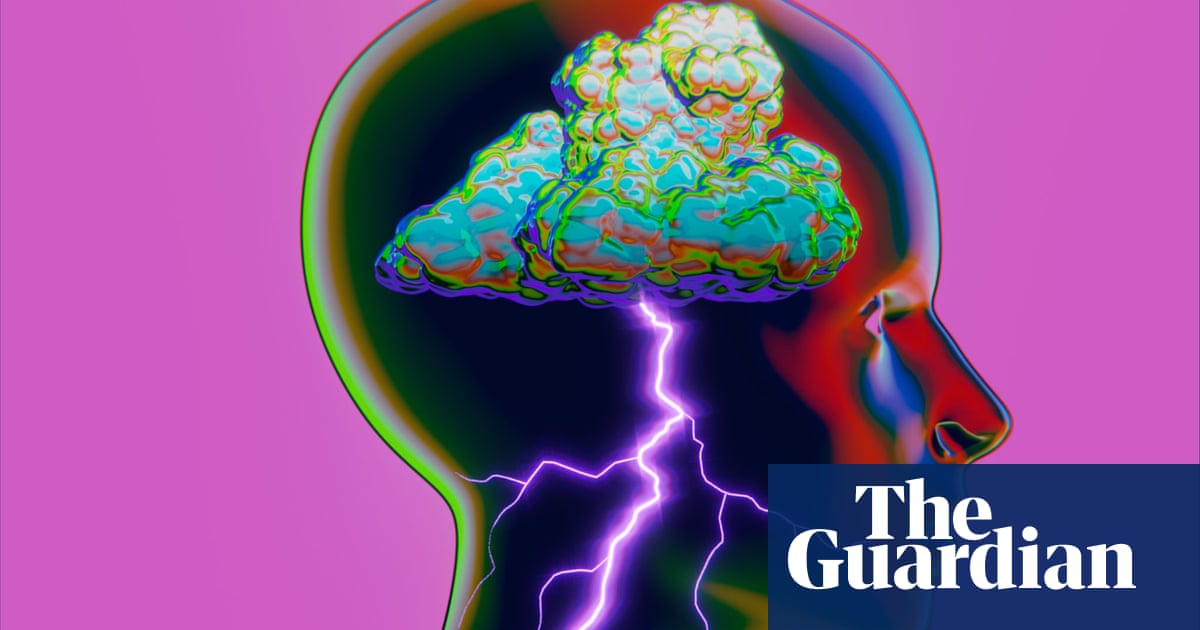Is writing down my rage the secret to resolving it? | Emma Beddington
New research reveals that listing your grievances on a piece of paper, then throwing them away may make you less angry. So I gave it a try …A lifetime enveloped in a benign, insulating cloud of oestrogen left me ill-prepared to be this nakedly, shockingly angry as it ebbs away in perimenopause. It is occasionally exhilarating, but mainly awful, being furious about so many things: the government, contradictory dental advice, inaction on climate breakdown, whatever cat keeps defecating at my back door. I exist at an exhausting, irrational rolling simmer that periodically comes to a head with me inappropriately venting, realising I’m being unreasonable, shamefacedly having a word with mysel..
The Guardian > Psychology
Maybe the NHS can’t wait to get me off its list | Brief letters
NHS waiting list | Spineless politicians | Anger management At first I was pleasantly surprised when asked, in my NHS app, whether I still wanted to remain on a waiting list for a minor operation (Almost 10 million people in England could be on NHS waiting list, 3 April). I now wonder whether this was more about the government’s method of reducing waiting lists rather than my medical need.Nick PageWinchester• I read your print headline “Invertebrate of the year: Celebrating the diverse and spineless creatures of the UK” (13 April) and wondered why it wasn’t in the politics section.Shareen CampbellMiramont-de-Guyenne, France Continue reading...
The Guardian > Psychology
Diagnosing yourself with a mental health issue may bring comfort, but it can be dangerous | Ashwini Padhi
What seems like a shortcut to understanding can lead you down a path of confusion and despair. There’s no substitute for professional helpThe modern mind is a column where experts discuss mental health issues they are seeing in their workIn the age of information overload, where a world of knowledge lies just a click away, the temptation to self-diagnose mental health conditions has become an all-too-common trend for many people. There is an allure in online quizzes and symptom checklists that promise a diagnosis within minutes as they can offer a sense of control over your psychological wellbeing. But beneath this there can be a great deal of misinformation, misinterpretation and conflict..
The Guardian > Psychology
Do you want to receive more love? First get to know your superego
It’s the internal voice whose strict, unbending standards can make us miserable. But tuning in to it can change everythingSign up for Well Actually, a free weekly newsletter about health and wellnessWhen I first became her patient, I heard everything my therapist said as a criticism. Almost every word that came out of her mouth, I received as a telling off, a character assassination or a low mark. I thought to myself: “I’m paying this woman to help me and all she’s doing is criticising me! How rude!”Here’s a made-up example that has a lot of truth in it: if I lost my mobile phone and described my feelings of panic, she might respond with something along the lines of: “You crazy..
The Guardian > Psychology
I was abused as a child, but now my mother needs care | Ask Philippa
Manage your mum’s care from a distance. Don’t get sucked into her orbitThe question My father was violent and my mother emotionally fragile. I took on a parental role from the age of around 11, trying to manage my dad’s moods, keep my mum’s spirits up and take care of my younger brother. Mum often leaned on me and I felt responsible for her stability. We were often punished in cruel ways. I was also abused sexually by a family “friend”. When we finally escaped our father, Mum moved this friend into our first “safe” home as her partner, where he continued to abuse me. As adults, my brother and I maintain strict boundaries and there is judgment from the wider family for this.Wi..
The Guardian > Psychology
‘Smell is really important for social communication’: how technology is ruining our senses
Scientists say an overreliance on sight and sound is having a detrimental effect on people’s wellbeing and that our devices should deliver a multisensory experience“Wait a minute, wait a minute. You ain’t heard nothing yet.” So went the first line of audible dialogue in a feature film, 1927’s The Jazz Singer. It was one of the first times that mass media had conveyed the sight and sound of a scene together, and the audience was enthralled.There have been improvements since: black and white has become colour, frame rates and resolutions have increased and sound quality has improved, but the media we consume still caters overwhelmingly, if not exclusively, to our eyes and ears. Conti..
The Guardian > Psychology
Weekend podcast: what’s it like to be a sociopath?; Gen Z’s lust for Sex and the City; and Marina Hyde on President The Rock
Marina Hyde with her take on Dwayne ‘The Rock’ Johnson’s surreal US presidential bid (1m23s); Emine Saner meets the sociopath who learned to behave – and found happiness (8m05s); why Gen Z has fallen in love with Sex and the City (24m45s); and do our political opponents really hate us? (29m54s). Continue reading...
The Guardian > Psychology
Feeling angry? Here’s how to deal with it | Letters
Readers respond to Japanese research on anger management techniques Your article (Write down your thoughts and shred them to relieve anger, researchers say, 9 April) reminded me that, in the 1960s, after visiting a preschool group in a monitoring capacity, I felt aggrieved by the way I’d been received. On returning home, I wrote a letter to the person involved, but then calmed down sufficiently to decide not to send it. I screwed up the paper and threw it on to the open fire. I did feel better after that.Fast forward to the early 2000s, while working with a bereavement organisation, my client expressed negative thoughts about a close relative who was reacting in a different way to their lo..
The Guardian > Psychology
Nostalgia: A History of a Dangerous Emotion by Agnes Arnold-Forster review – no place like home
This absorbing exploration of nostalgia raises questions about its slippery nature, and shows how it has been chillingly deployed in politics, from the cold war to TrumpismIn the 1970s there were American press reports of an Iowa man who was tormented by his yearning for the 16-year stretch of time that ran from 1752 to 1768. His misery was the result of not being able to find anyone who shared this deep nostalgia for a period when electricity was still a rumour and America was proud to think of itself as British.But does this really count as nostalgia? Is it not, actually, a bid for attention, a way for the man from Iowa to signal that, while his body..
The Guardian > Psychology
The mysteries of near-death experiences | Letters
Readers respond to Alex Blasdel’s long read on the studies of brain activity immediately after deathAlex Blasdel’s long read contains some fascinating facts and speculations (The new science of death: ‘There’s something happening in the brain that makes no sense, 2 April). However, it is odd to suggest that there are only three approaches to understanding so-called near-death experiences – physicalist, parapsychological and spiritualist.While the field of near-death studies is indeed full of “kooks and grifters”, many serious scientists and rational thinkers in this and other fields, who are neither parapsychologists nor spiritualists, are now openly debating alternatives to ph..
The Guardian > Psychology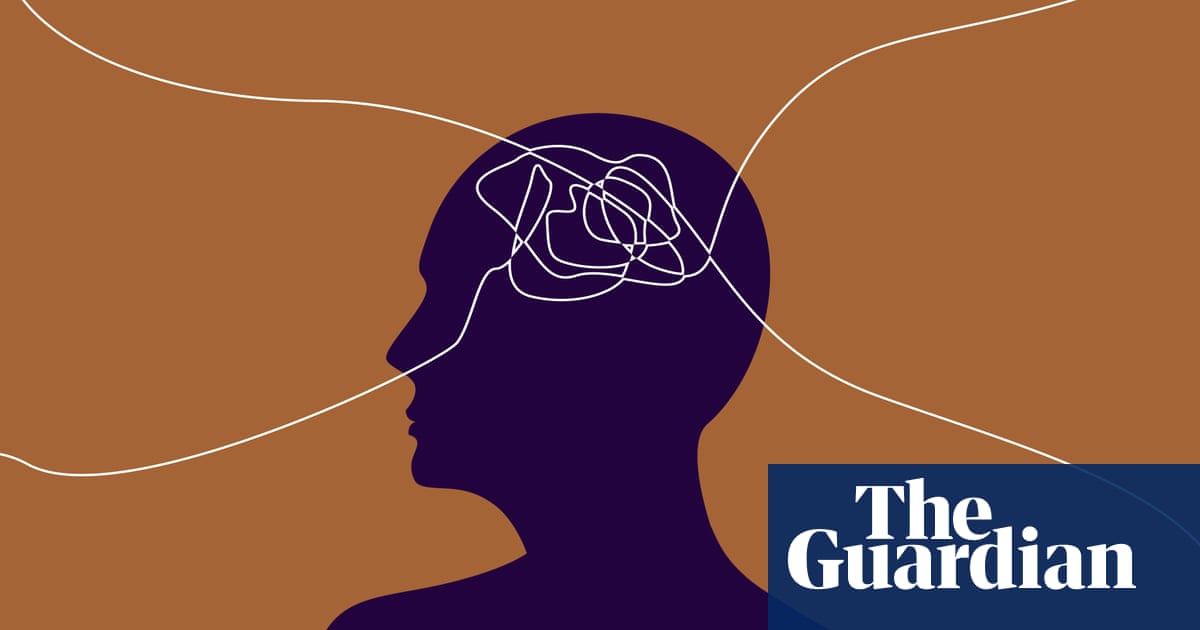
Write down your thoughts and shred them to relieve anger, researchers say
Writing negative reactions on paper and shredding it or scrunching and throwing in the bin eliminates angry feelings, study findsSince time immemorial humans have tried to devise anger management techniques.In ancient Rome, the Stoic philosopher Seneca believed “my anger is likely to do me more harm than your wrong” and offered avoidance tips in his AD45 work De Ira (On Anger). Continue reading...
The Guardian > Psychology
The vorfreude secret: 30 zero-effort ways to fill your life with joy
How can you change your life for the better today? Learn not just to appreciate happiness – but to anticipate itSign up for Well Actually, a free weekly newsletter about health and wellnessBe honest: there are times when you have felt schadenfreude, or “delight in another’s misfortunes”. But what about vorfreude? I recently came across this lovely word, which my German-speaking friend translated as “the anticipation of joy”. It struck me as such a hopeful concept – surely we could all do with less schadenfreude and more vorfreude. So what exactly is anticipatory joy, how do we cultivate it and will it make us happier?“The idea is to find joy in the lead-up to an event,” say..
The Guardian > Psychology
The big idea: do our political opponents really hate us?
Not half as much as we think, according to the evidence – and there are ways to break the cycle of mutual mistrustPolitics is a firestorm, sometimes literally. In 2023 in the Berkshire mountains of Massachusetts, someone threw petrol on a pro-Trump sign nailed to a tree and set light to it. Three years earlier in the same area, a 49-year-old Trump supporter started a huge blaze after igniting some hay bales that were emblazoned with a pro-Biden sign. This bucolic area of Massachusetts is not known for arsonists, but both here and everywhere else in the world, it’s as though people are consumed by hate.And it’s not just America where liberals and conservatives seem to detest each other...
The Guardian > Psychology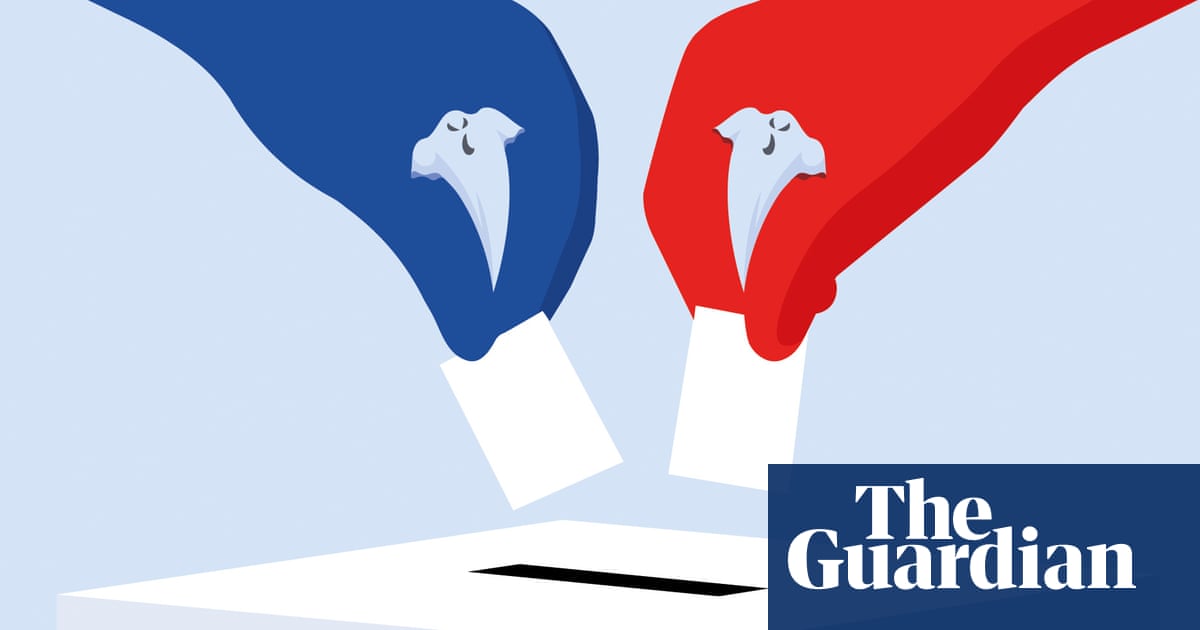
‘I didn’t want to hurt that girl. I just felt this pressure building … ’ The sociopath who learned to behave – and found happiness
Patric Gagne has spent most of her life fighting terrible urges. She is also a loving sister, daughter, mother and wife. She talks about her remarkable journeyThere is a slight flash in her eyes as Patric Gagne describes what she calls the “tug” – the moment she imagines something she really shouldn’t do and thinks: “Wouldn’t that be fun?”She laughs. What would once have been a compulsion can now be overpowered by logic and consequences. “You want to take that car for a joyride? Yes, but if I did that, I’m probably going to have to answer for it. And do I want to? Not really.” This isn’t to say that Gagne wouldn’t jump at an opportunity, if she could argue she wasn’..
The Guardian > Psychology
Behavioural scientist Michael Norton: ‘When a tennis player ties their shoes in a particular way, they feel they can play at Wimbledon’
The Harvard professor reveals how everyday rituals can help us cope with pressure, unlock our emotions and define our identities – but can also become unhelpful and divisiveMichael Norton studied psychology and was a fellow at the MIT Media Lab before becoming professor of business administration at Harvard Business School. Known for his research on behavioural economics and wellbeing, Norton published his first book, Happy Money: The New Science of Smarter Spending, with Elizabeth Dunn, in 2013. For his latest, The Ritual Effect: The Transformative Power of Our Everyday Actions, out on 18 April, Norton spent more than a decade surveying thousands of people about the role of ritual in thei..
The Guardian > Psychology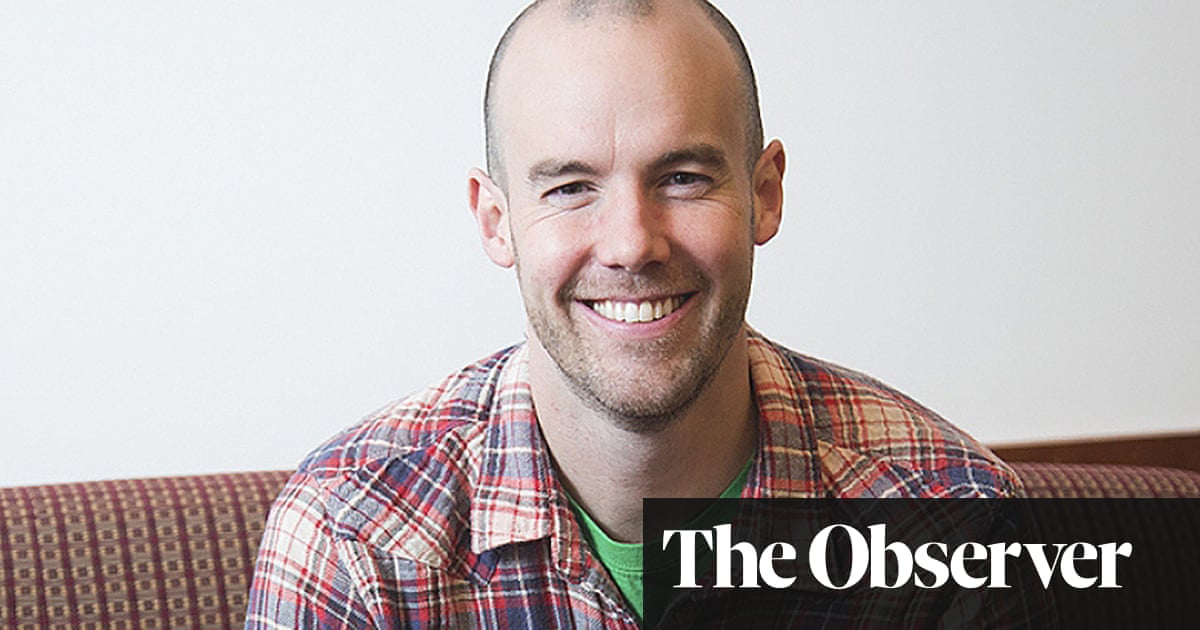
Can a Waitrose shopper’s gaze boost loose produce and cut plastic waste?
A supermarket is using eye-tracking technology to find what messaging encourages take-up of unpackaged fruit and vegWith thick black frames and hidden cameras, the glasses look designed for espionage or the metaverse but instead the eye-tracking headgear is being deployed to get inside shoppers’ heads as part of the drive to cut plastic packaging from the weekly food shop.It is an unlikely scene. Hooked up with the glasses a shopper is being tailed around a Waitrose produce department by a researcher carrying a large tablet that displays live footage of them picking up banal things such as potatoes, apples and bananas. Continue reading...
The Guardian > Psychology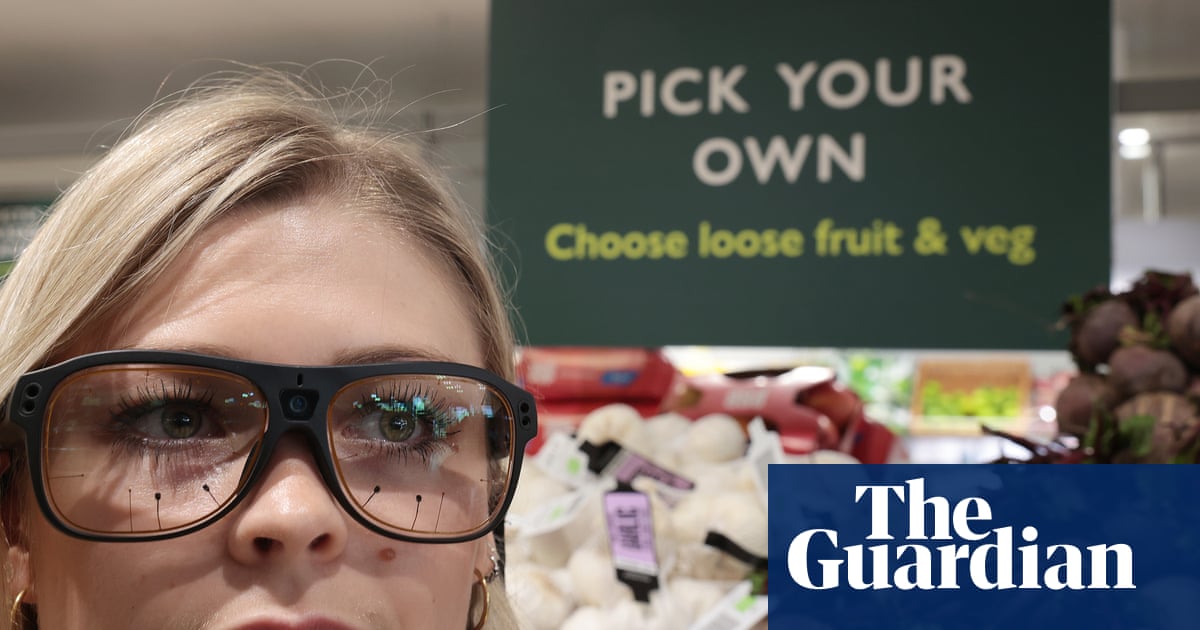
The Ritual Effect by Michael Norton review – standing on ceremony
From Rafael Nadal’s ball-bouncing to families’ Christmas traditions, what purpose does ritualistic behaviour serve?The adjective “ritual”, from Latin via French, means related to religious rites. (A rite, according to the OED, is “a prescribed act or observance in a religious or other solemn ceremony”.) As soon as it appeared, however, the word “ritual” could be used in a derogatory fashion to denote things empty of authentic spiritual content. In his Ecclesiastical History (1570), for example, the martyrologist John Foxe complained about two epistles erroneously (so he argued) attributed to the third-century pope Zephyrinus: they contained “no manner of doctrine” but onl..
The Guardian > Psychology
Daniel Kahneman obituary
Influential psychologist who studied how people make decisions and changed the way economists thinkThe psychologist Daniel Kahneman, who has died aged 90, won the 2002 Nobel prize for economics despite describing himself as “mostly cheering … from the sidelines” of the subject. He achieved celebrity status in 2011 with the pop psychology book Thinking, Fast and Slow, at the age of 77 and after a lifetime of rigorous academic research. Such unpredictable events were typical of his long and eclectic career, while also provoking him to ask the myriad questions about human behaviour that formed the basis of his often counterintuitive theories. His work revealed the extent to which human be..
The Guardian > Psychology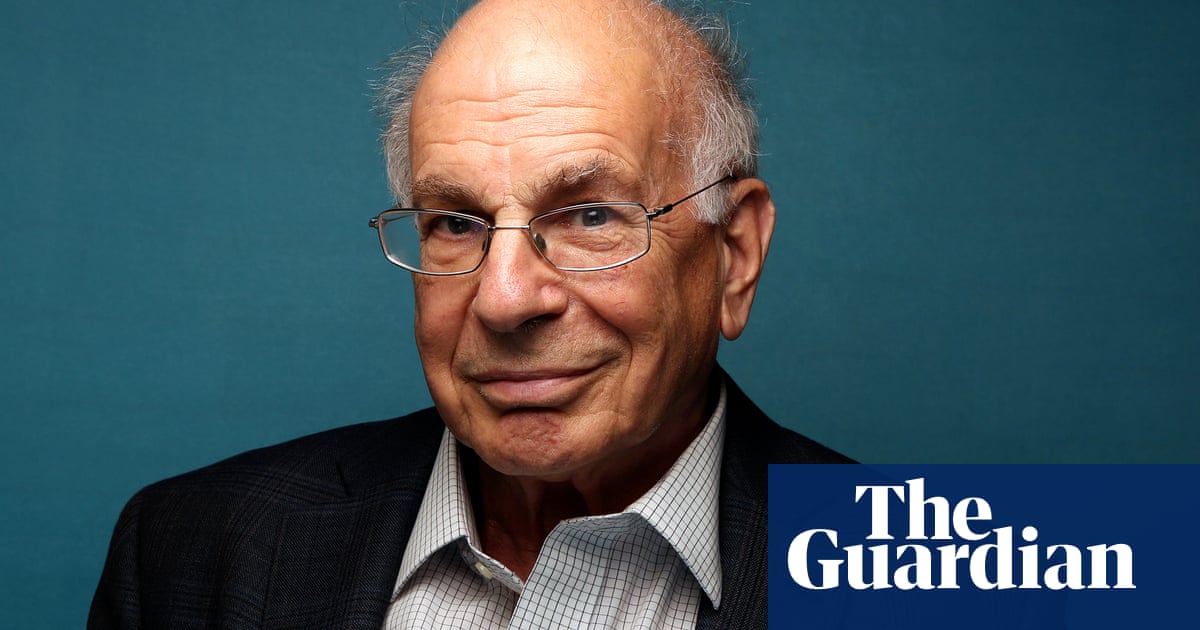
The science of ‘weird shit’: why we believe in fate, ghosts and conspiracy theories
Psychologist Chris French has spent decades studying paranormal claims and mysterious experiences, from seemingly-impossible coincidences to paintings that purportedly predict the future. Ian Sample sits down with French to explore why so many of us end up believing in, what he terms, ‘weird shit’, and what we can learn from understanding why we’re drawn to mysterious and mystic phenomena Continue reading...
The Guardian > Psychology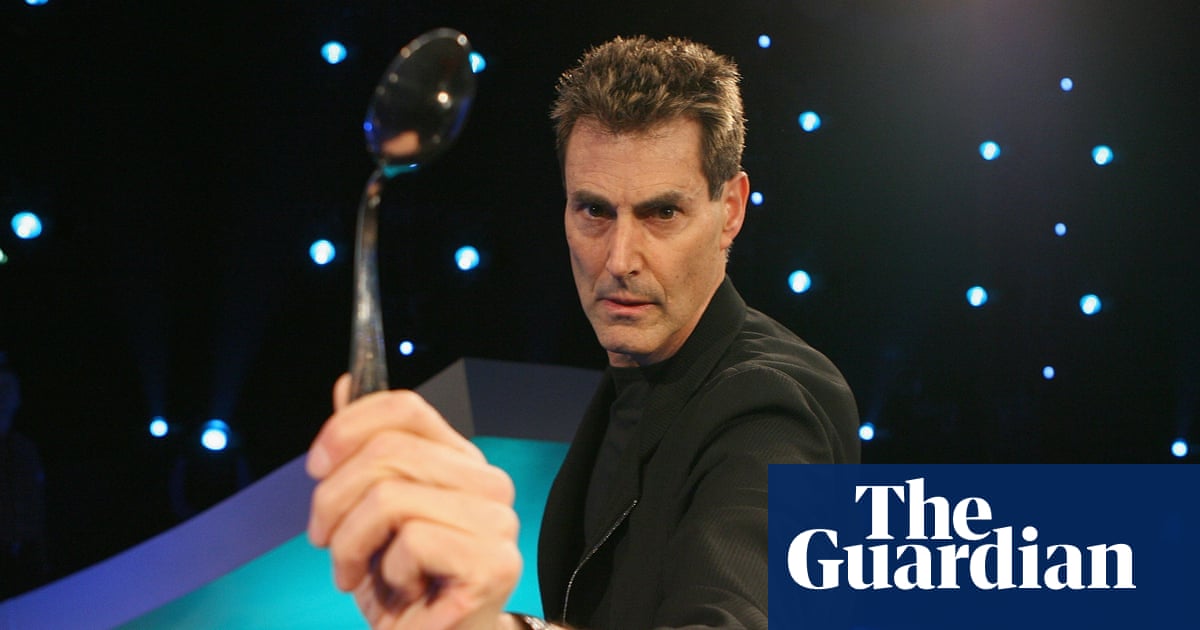
Frenzied politics is damaging to us all. We need the Daniel Kahneman doctrine | Rafael Behr
The late Nobel laureate advocated deliberate thinking, but what rules now is haste and gut instinct. His passing should give us pauseHere is a simple maths problem: together a bat and ball cost £1.10. The bat costs one pound more than the ball. How much is the ball?It doesn’t take long for most people to answer 10p. And most people get it wrong. If you are in the minority that pauses long enough to realise that the ball costs 5p and the bat £1.05, congratulations, smartypants. If you recognised the question as an exercise in misdirection to expose the foibles of human intuition, you are probably familiar with the work of Daniel Kahneman, psychologist and Nobel laureate, who died last wee..
The Guardian > Psychology
Daniel Kahneman, renowned psychologist and Nobel prize winner, dies at 90
The Israeli-American’s book, Thinking, Fast and Slow, was a worldwide bestseller with revolutionary ideas about human error and biasDaniel Kahneman, a psychologist who pioneered theories in behavioural economics that heavily influenced the discipline, and won him a Nobel prize, has died at age 90.Kahneman, who wrote bestselling book Thinking, Fast and Slow, argued against the notion that people’s behaviour is rooted in a rational decision-making process – rather that it is often based on instinct. Continue reading...
The Guardian > Psychology
Two nights of broken sleep can make people feel years older, finds study
Beyond simply feeling decrepit, perception of being older can affect health by encouraging unhealthy eating and reducing exerciseTwo nights of broken sleep are enough to make people feel years older, according to researchers, who said consistent, restful slumber was a key factor in helping to stave off feeling one’s true age.Psychologists in Sweden found that, on average, volunteers felt more than four years older when they were restricted to only four hours of sleep for two consecutive nights, with some claiming the sleepiness made them feel decades older. Continue reading...
The Guardian > Psychology
How Covid lockdowns hit mental health of teenage boys hardest
New research findings are contrary to what had previously been thought about pandemic’s effect on children’s wellbeingTeenage boys were hit hardest by the Covid lockdowns, with their mental health failing to recover despite the return to normality, according to the most comprehensive academic study of its kind.Early research into how lockdown affected children indicated that girls had suffered more significant mental health problems than boys. Continue reading...
The Guardian > Psychology
A friendship dating back to teenage years is one to treasure, especially during a crisis
It’s not easy to maintain the closeness of relationships of our youth but Abigail Dean will always make time for the friend she grew up withIn early 2006, when I was 17, I was admitted to a well-known psychiatric hospital in the UK, an institution most associated with models and footballers. I was neither. I was a schoolgirl who had suffered from either a chemical imbalance in the brain or a series of poor life decisions, depending on who you asked. For two months I was to live in a small pink room with immovable furniture, and attend every therapy on offer. I revised for my AS Levels in the communal lounge while people watched television or wept over the evening meal.On my first day there..
The Guardian > Psychology
What we talk about when we talk about giving up – podcast
We give things up when we believe we can change; we give up when we believe we can’t. By Adam Phillips Continue reading...
The Guardian > Psychology
Fridge magnets can be cool aid to holiday memory recall, study finds
Some participants in Liverpool University survey said the travel mementoes were more important to them than photographsWhether holding up shopping lists or hastily scrawled messages, fridge magnets are highly functional holiday souvenirs. And a new study suggests these trinkets may also provide an important means of accessing happy – and not so happy – memories of past trips.Pervasive as souvenirs are, surprisingly little research has investigated what happens to them after people’s holidays have ended, and even less has focused on fridge magnets, even though we interact with them almost every day. Continue reading...
The Guardian > Psychology
Feeling empty inside, one sociologist found answers by exploring his own traumatic childhood
Along the way Corey Keyes developed concepts of languishing and flourishing which others have found helpfulWhen he was 16, Corey Keyes was finally doing well after a brutal childhood. He got high grades at school, played quarterback on the football team, and was living with his loving grandmother in Wisconsin, USA.But, the sociologist and professor emeritus of Emory University writes in his new book, Languishing: How To Feel Alive Again in a World That Wears Us Down, he was living on autopilot, throwing himself into every activity going. Whenever he slowed down, everything felt “drained of colour”. A feeling of “restless emptiness” gnawed at his insides. Terrified this feeling might ..
The Guardian > Psychology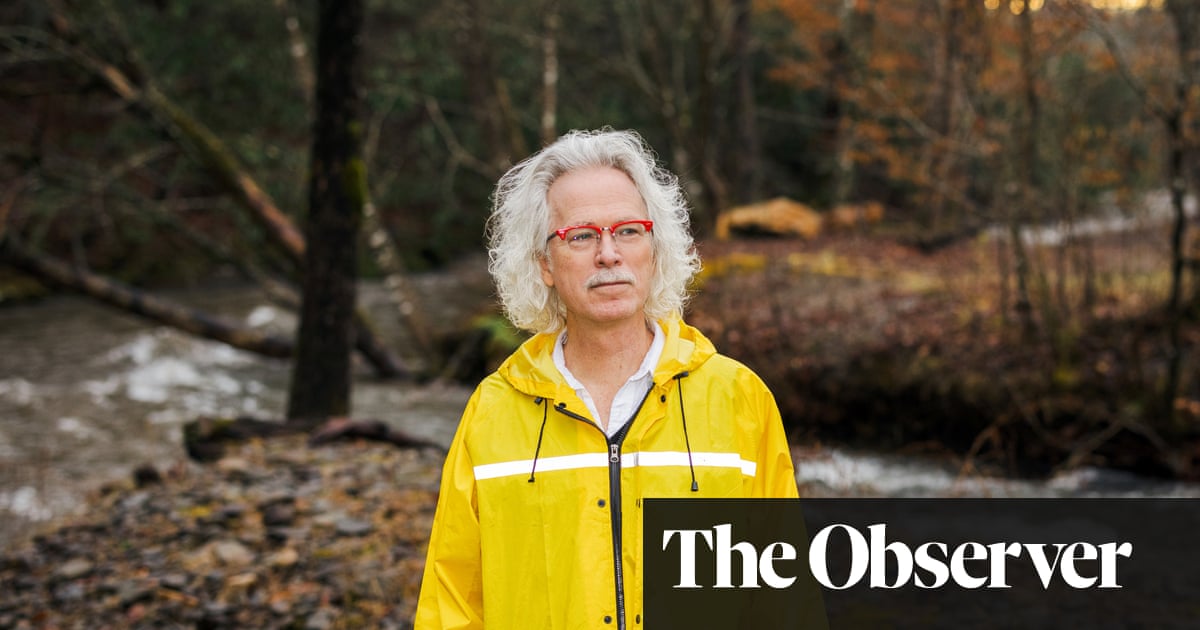
Weekend podcast: teacher Michael Donkor on coming out to his pupils; finding love via small ads; and are bad habits your fault?
Should you blame yourself for your bad habits? (1m53s); author and teacher, Michael Donkor, on the dilemma of whether to come out to his pupils (7m50s); and missed connections: four extraordinary stories of couples who found love via small ads (26m05s) Continue reading...
The Guardian > Psychology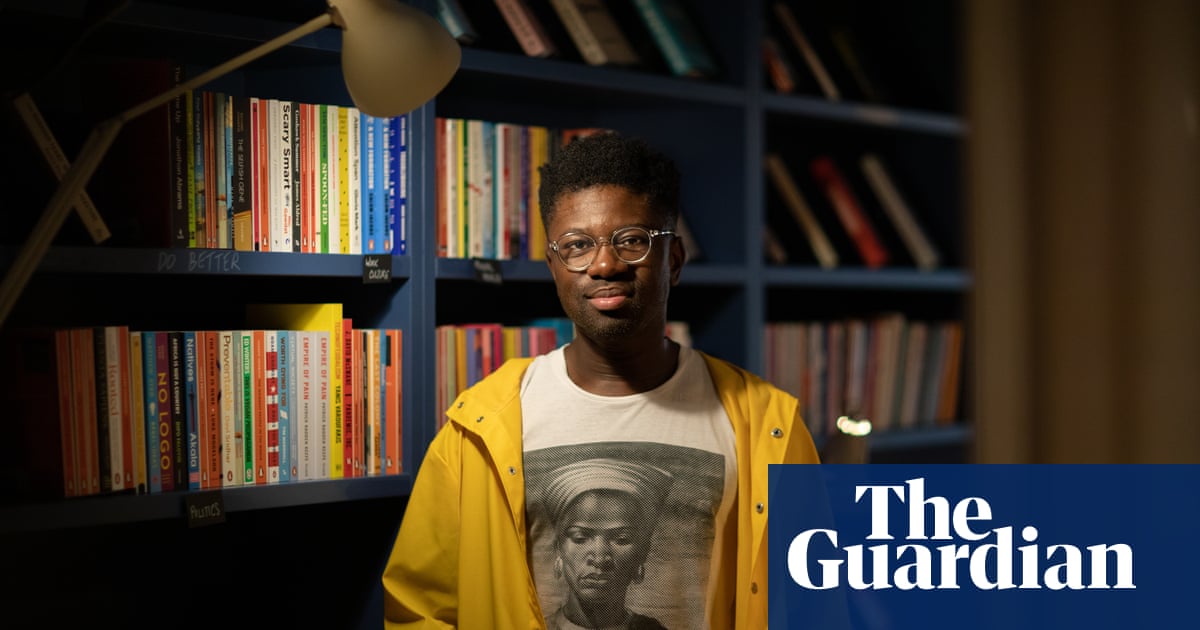
Why ME/CFS is still so poorly researched and treated | Letters
Readers respond to George Monbiot’s article on the treatment and attitude of the medical profession to the debilitating conditionI am writing to express my appreciation of George Monbiot’s perceptive article (‘You don’t want to get better’: the outdated treatment of ME/CFS patients is a national scandal, 12 March). I have lived with severe fatigue for more than three years, following a mild Covid infection. It is difficult to describe what it is like and it is not surprising that it is not well understood. My experience is that it is necessary to overcome my instincts to push myself, since running out of energy results in even more limited stamina over weeks or months.It must appea..
The Guardian > Psychology

